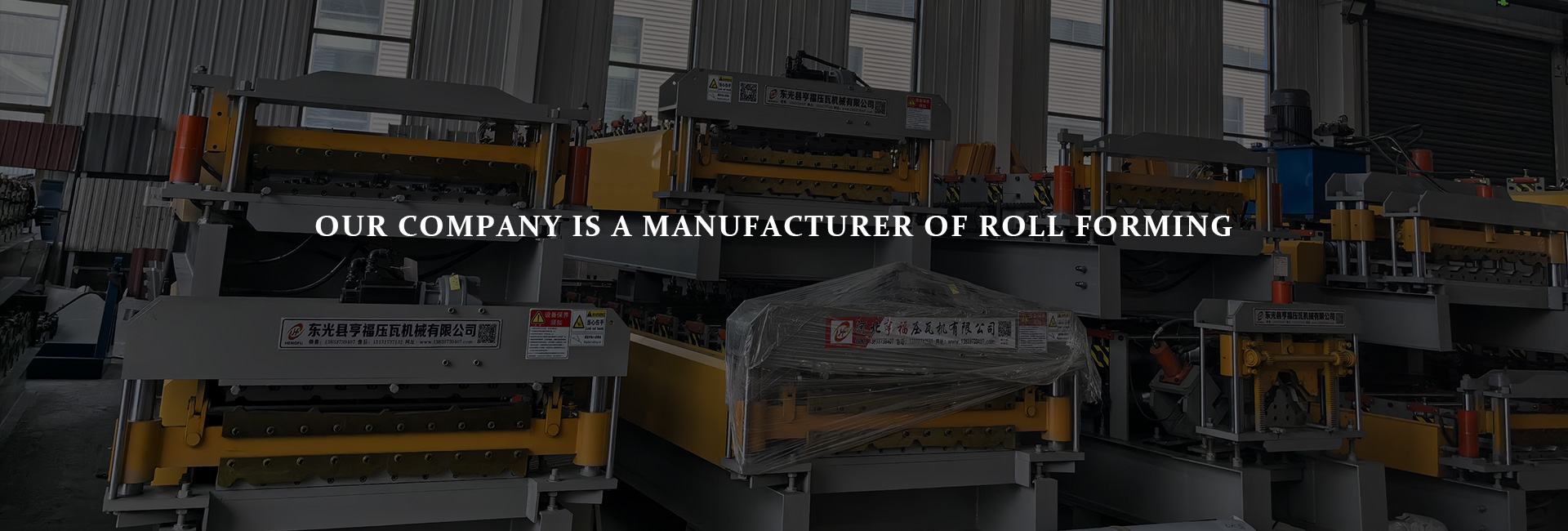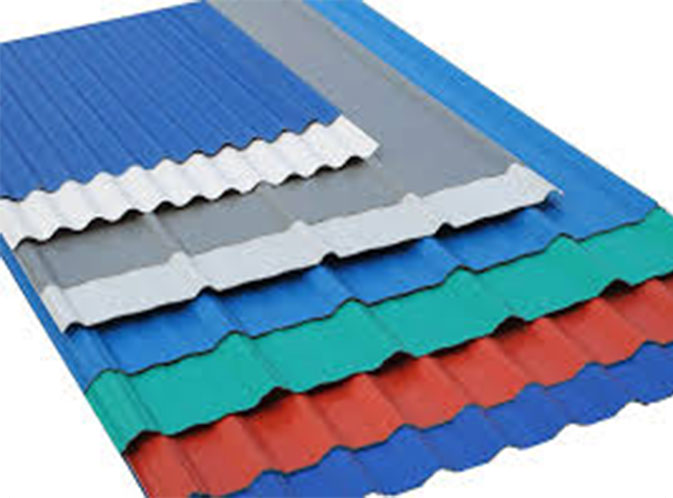When it comes to producing high-quality metal roofing panels, having the right equipment is essential. A metal roof panel machine is a key investment for roofing manufacturers and contractors, enabling efficient production and ensuring durability and reliability in the final product. In this comprehensive guide, we’ll explore everything you need to know about a metal roof panel machine, from its features and types to applications, benefits, and key considerations.
What Is a Metal Roof Panel Machine?
A metal roof panel machine is an industrial tool designed to efficiently manufacture metal roofing panels from raw metal materials. These machines transform coils or sheets of steel or aluminum into custom-designed roof panels with specific shapes, profiles, and sizes. Whether you’re producing standing seam panels, corrugated panels, or custom profiles, a reliable metal roof panel machine ensures precision, speed, and consistent quality.
Key Components of a Metal Roof Panel Machine
1. Uncoiler
The uncoiler holds and releases metal coils or sheets, feeding them into the machine. It ensures a steady supply of material and maintains tension throughout the process.
2. Feeding System
The feeding system smoothly feeds the metal material into the machine, ensuring consistent alignment and flow. This component is critical for maintaining panel uniformity.
3. Roll Forming Section
The roll forming section is the heart of the machine. It uses a series of rollers to shape the metal into the desired roofing profile. Various profiles, such as standing seam, corrugated, and trapezoidal shapes, can be achieved through this section.
4. Cutting Mechanism
Once the metal has been formed into the desired shape, the cutting mechanism precisely cuts the panel to the required length. This can be done through hydraulic or pneumatic cutters.
5. Control Panel and Automation System
Modern metal roof panel machines come equipped with CNC control panels and programmable automation systems. These controls enable users to set parameters, change profiles, and adjust machine operations for customization and efficiency.
6. Stacking and Output Section
Finally, the produced panels are neatly stacked and outputted by the machine’s stacking section. This ensures easy transportation and storage.
Types of Metal Roof Panel Machines
1. Single-Profile Roll Forming Machine
A single-profile roll forming machine is ideal for producing one type of roofing profile consistently. It is cost-effective and efficient for manufacturers focusing on standard roof shapes.
2. Multi-Profile Roll Forming Machine
For more versatile operations, a multi-profile roll forming machine offers the capability to create different profiles on a single machine. This flexibility is perfect for customized architectural projects.
3. Standing Seam Roll Forming Machine
Specialized for standing seam panels, this type of machine creates a durable and watertight roofing system that is highly popular in commercial and industrial roofing projects.
4. Hydraulic Cutting Roll Forming Machine
Equipped with hydraulic cutters, this machine ensures precise and quick cuts while maintaining panel integrity, making it suitable for large-scale production.
Key Features of a Reliable Metal Roof Panel Machine
1. Precision Roll Forming Technology
Precision is crucial in roofing panel production. A high-quality roll forming machine ensures that each panel’s shape, dimensions, and angles remain accurate.
2. High-Speed Production Capabilities
Modern machines are designed for high-speed operation, ensuring quick production without compromising quality. Machines can produce thousands of panels in a single day.
3. Programmable CNC Control Panels
CNC technology enables custom profile creation, quick adjustments, and programmable operation. This ensures efficiency and minimizes downtime during production changes.
4. Robust Construction and Durability
Machines are built with high-quality steel and industrial-grade components, ensuring longevity, stability, and resistance to wear.
5. Energy Efficiency
Many modern machines are designed to reduce energy consumption without sacrificing performance, helping manufacturers lower production costs.
Applications of a Metal Roof Panel Machine
1. Residential Roofing Projects
Metal roof panel machines are commonly used in residential projects to produce panels that offer durability, aesthetic appeal, and cost efficiency.
2. Commercial and Industrial Roofing
For commercial buildings, warehouses, factories, and industrial facilities, metal roof panels provide robust and long-lasting protection.
3. Architectural Applications
In architectural projects, customized profiles and unique designs made by roll forming machines enhance visual appeal while maintaining structural integrity.
4. Renovation and Retrofit Projects
Metal panel machines also support retrofitting and renovation projects, allowing quick and cost-effective updates with high-quality materials.
Benefits of Using a Metal Roof Panel Machine
1. Customization and Flexibility
With CNC controls and programmable features, manufacturers can produce custom-shaped panels to meet specific project requirements and client demands.
2. Cost Efficiency
Efficient production, reduced material waste, and minimal downtime contribute to cost savings in roofing projects.
3. Speed of Production
Modern machines are built to run continuously at high speeds, ensuring timely delivery and quick project completion.
4. Durability and Longevity
Metal roofing panels produced by these machines are known for their strength, resistance to harsh environmental conditions, and long service life.
5. Energy Efficiency
Many advanced machines have energy-saving components that reduce operational costs, contributing to a more sustainable production process.
Choosing the Right Metal Roof Panel Machine
1. Production Volume
For large-scale production needs, invest in high-speed CNC or hydraulic roll-forming machines. For smaller operations, a single-profile machine or manual machines may be sufficient.
2. Customization Requirements
If you need various shapes and profiles, choose a multi-profile machine with CNC control capabilities to ensure flexibility and adaptability.
3. Budget Considerations
Evaluate the cost against machine efficiency and long-term performance. Investing in durable, high-quality machines often proves to be more cost-effective in the long run.
4. Material Type and Thickness
Ensure your machine is compatible with the types and thickness of steel or aluminum materials you plan to use.
Maintenance Tips for a Metal Roof Panel Machine
1. Regular Lubrication
Lubricating moving parts, such as rollers and cutters, reduces wear and tear and maintains smooth operations.
2. Routine Inspections
Regularly check components, electrical connections, and control panels to identify and address wear or damage early.
3. Clean Machine Surfaces
Dust and debris can affect performance, so clean machine surfaces and rollers frequently to prevent malfunctions.
4. Scheduled Maintenance by Professionals
Hire qualified technicians for periodic professional inspections and maintenance to extend the life of your machine.
Conclusion
A metal roof panel machine is a powerful tool that revolutionizes the production of roofing panels, offering customization, speed, and cost efficiency. With types ranging from single-profile roll machines to multi-profile CNC machines, manufacturers can choose equipment based on scale, customization needs, and material types. Investing in a reliable machine ensures operational efficiency, reduces waste, and provides long-lasting, high-quality roofing panels. By understanding your production requirements, maintaining your machinery, and leveraging the right technology, you can achieve seamless production and robust, visually appealing metal roofing solutions.























